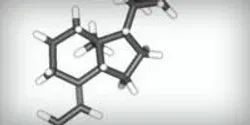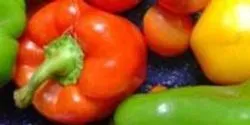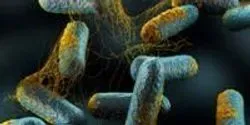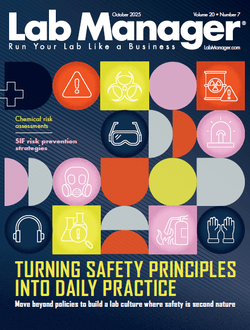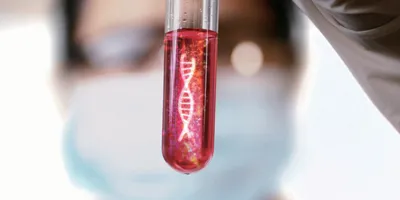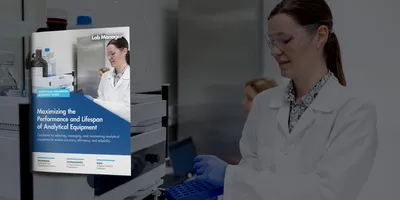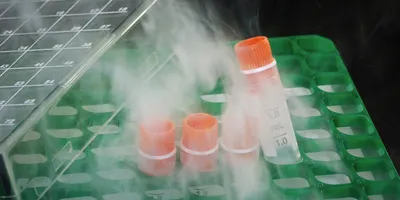Food & Beverage

The state of Rhode Island has adopted a plan facilitated by the University of Rhode Island’s Graduate School of Oceanography to reduce the likelihood of human illness from the consumption of improperly handled oysters raised in aquaculture facilities in the state. The plan, created through a collaboration between shellfish management agencies and the aquaculture industry, went into effect on July 1.

Thermo Fisher Scientific has updated an ion chromatography (IC) method to more easily determine total choline (free and bound forms) in 17 samples representing all forms of infant formula, adult nutritionals, and pediatric formulas (powder, ready-to-feed products, and liquid concentrates).

Thermo Fisher Scientific has developed a simple, efficient, sensitive, and reproducible capillary ion chromatography (IC) method for determining thiosulfate and pyrophosphate in crayfish wash powder.
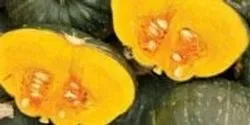
University of Wisconsin-Madison plant scientists intend to employ some highly sophisticated instruments to evaluate new varieties of organic vegetables: the palates of the people who produce or prepare them for discerning customers.

The Global Food Traceability Center (GFTC) just released a new report in the peer-reviewed journal, Comprehensive Reviews in Food Science and Food Safety, that evaluates and compares the traceability regulations of 21 Organization for Economic Co-Operation and Development (OECD) countries. One of its main findings is that European Union countries ranked highest when it comes to global food traceability regulations and requirements.

The University of Cambridge recently announced the 3.5 year PhD studentship to study the fundamentals of heat-stable chocolate.
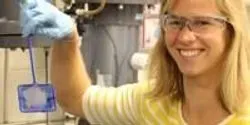
There is something fishy going on in a vacant house in Detroit's North End, and University of Michigan graduate student Elizabeth "Lizzie" Grobbel takes full responsibility.

